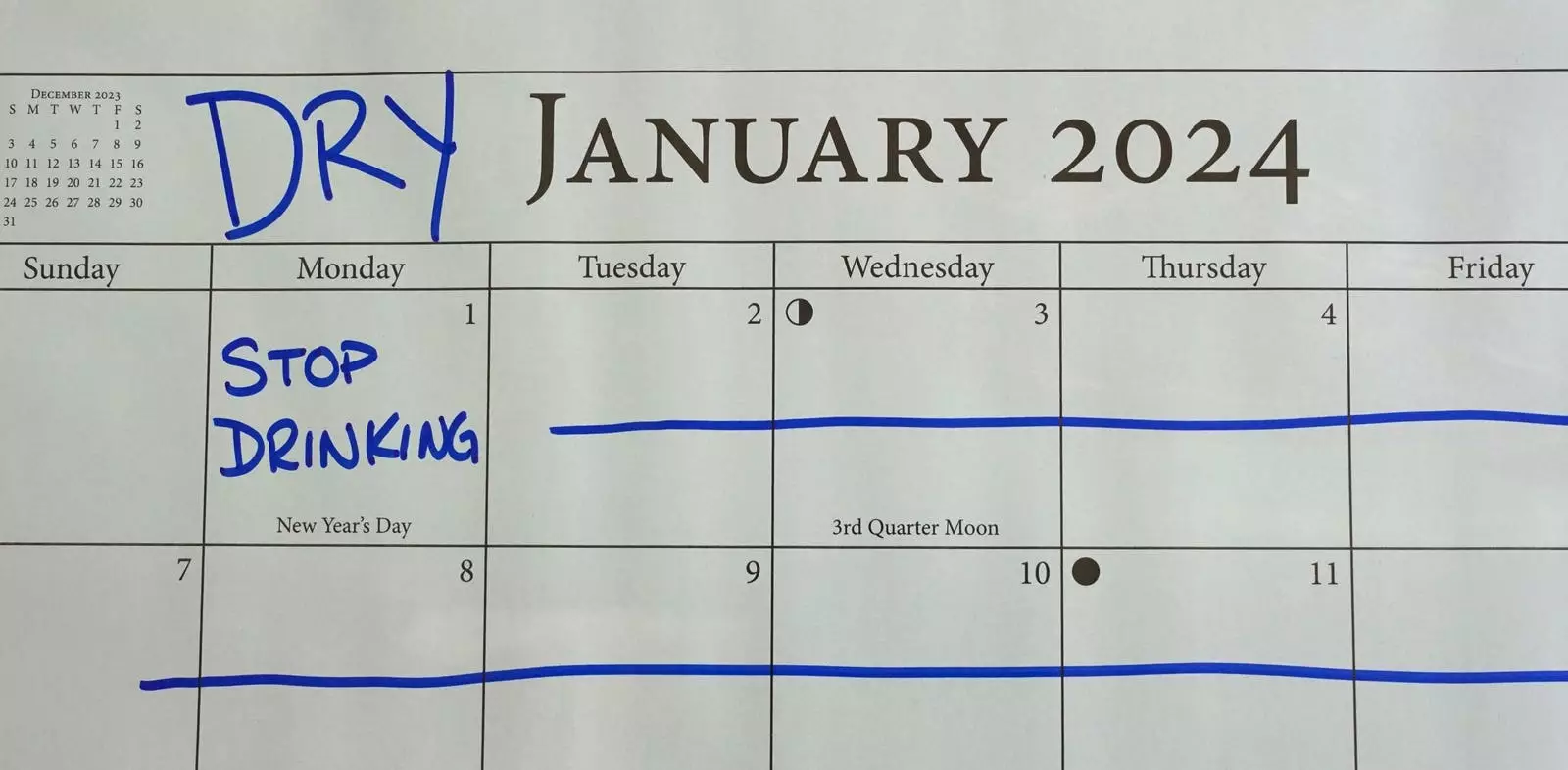The non-alcoholic beer market has witnessed remarkable growth in recent years, evolving from a niche segment into a wine-like appreciation among many beer enthusiasts. Once upon a time, non-alcoholic (NA) beverages were stigmatized for their subpar flavors and limited choices. Today, however, the landscape is dotted with an impressive array of NA options that reflect the craft beer ethos that changed traditional brewing. This transformation highlights not only improved technologies in brewing and de-alcoholization but also the dedication of craft breweries to create beverages that genuinely rival their alcoholic counterparts.
Historically, the flavor profiles of non-alcoholic beers bore little resemblance to their alcoholic variants. However, advancements in brewing techniques have enabled craft breweries to produce NA beers that are flavorful and complex. Pursuing the elusive goal of crafting great tasting non-alcoholic beer, breweries are adopting innovative methods to preserve taste while eliminating alcohol. This is exemplified by Athletic Brewing, which solely focuses on producing non-alcoholic beers and has established itself as a pioneer in the sector, ranking as the tenth largest craft brewer in America.
Despite the broader craft beer industry facing challenges, including market saturation and changing consumer preferences, the NA beer segment continues to flourish. Breweries are capitalizing on this interest, introducing new products that cater to a wide array of tastes and preferences.
The success of non-alcoholic beer is significantly bolstered by its adoption by well-respected breweries known for their quality offerings. Sierra Nevada, widely recognized for its Pale Ale, has made strides in this domain with its Trail Pass brand of non-alcoholic beers. By introducing multiple varieties, including IPAs and golden ales, Sierra Nevada has crafted a variety pack that is unprecedented in the NA market. This variety pack marks a significant milestone in making non-alcoholic beer accessible to a broader audience.
Firestone Walker Brewery, another iconic name in American brewing, has similarly ventured into the NA sector. Their success story, centered around the `805` brand, has translated into the launch of 8ZERO5, providing those who enjoy the 805 experience with a non-alcoholic alternative. The dedication to maintaining the character and quality that made the original beer popular can significantly influence the acceptance of NA options within the craft beer community.
In a time marked by a strong push for sustainability and environmental consciousness, breweries are responding with innovative ingredient choices. Deschutes Brewery has partnered with Patagonia Provisions to integrate Kernza, a sustainable grain, into their brewing process. This unique approach not only produces a non-alcoholic beer that is environmentally friendly but also offers something different to consumers: Non-Alcoholic Kernza Beer, a product that has garnered accolades, including a Gold Medal at the Great American Beer Festival.
This shift towards using sustainable materials points to a growing trend within craft breweries. As consumers become more aware of their choices and their impacts, breweries that prioritize sustainability are likely to drive consumer loyalty and differentiate themselves from competitors.
While the term “craft” often evokes images of local breweries, it’s important to recognize that quality practices don’t reside solely within small-scale operations. Notable international brands like Heineken have also entered the non-alcoholic beer arena, striving for excellence in production techniques. As an example, Heineken 0.0 utilizes the same top-quality ingredients as its alcoholic counterpart, utilizing advanced brewing methods to achieve a flavor profile that closely resembles the original.
Beer journalists, like John Holl, endorse Heineken 0.0 for its remarkable ability to mirror the experience of drinking traditional beer. This speaks volumes about the strides being made in the non-alcoholic beer sector as more consumers and critics begin to appreciate the craftmanship involved.
The surge in popularity of non-alcoholic beers reflects broader trends in health consciousness and desirable lifestyle choices among consumers. With notable breweries entering the market and responsible brewing practices taking center stage, non-alcoholic beer is transcending its outdated image. As the craft beer movement continues to innovate, beer lovers will have increasing opportunities to explore a world of flavors without the alcohol, proving that the non-alcoholic beer segment truly is a burgeoning frontier in the craft beverage landscape. The future of non-alcoholic beer appears bright, and it will likely continue to expand its reach and influence in the craft brewing community.


Leave a Reply